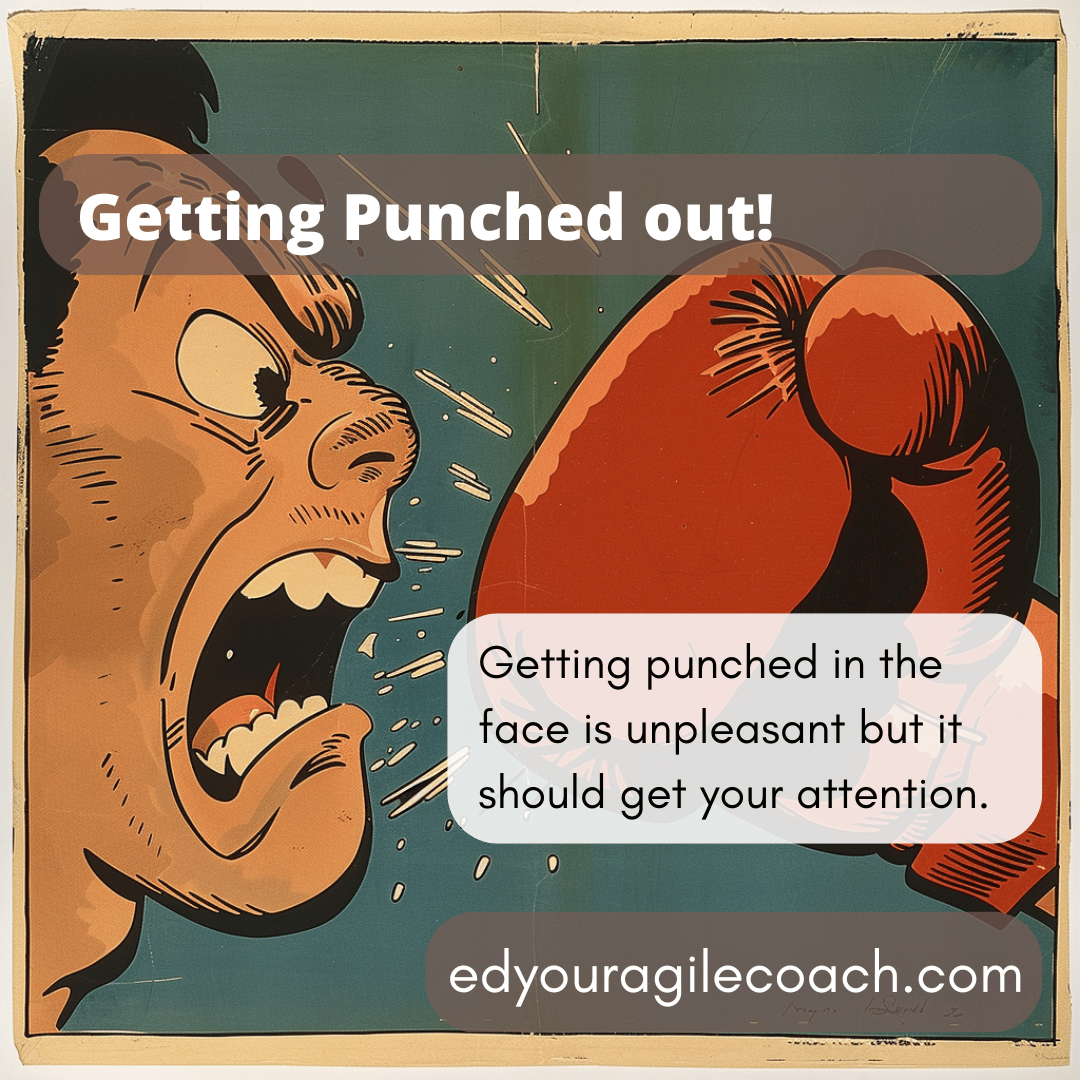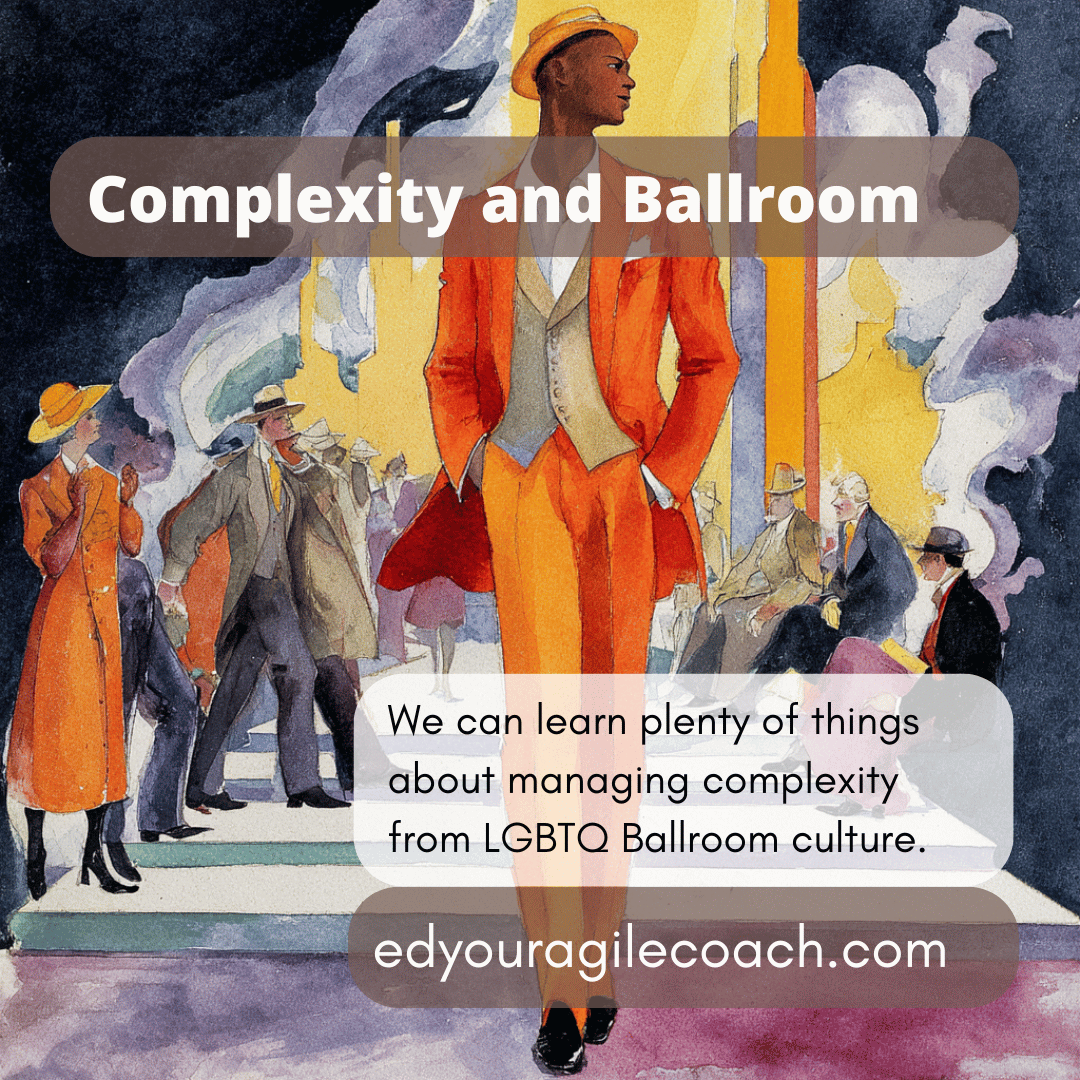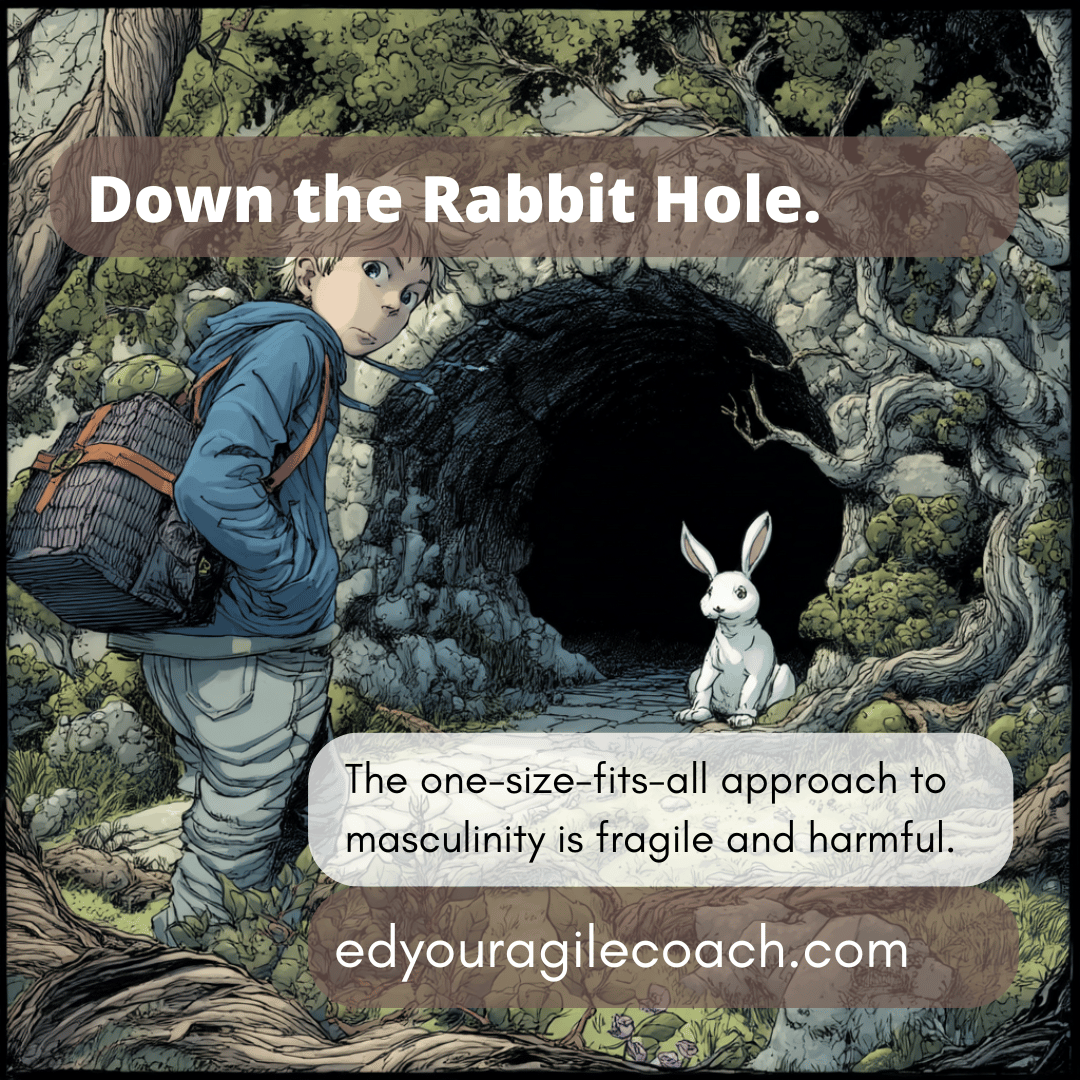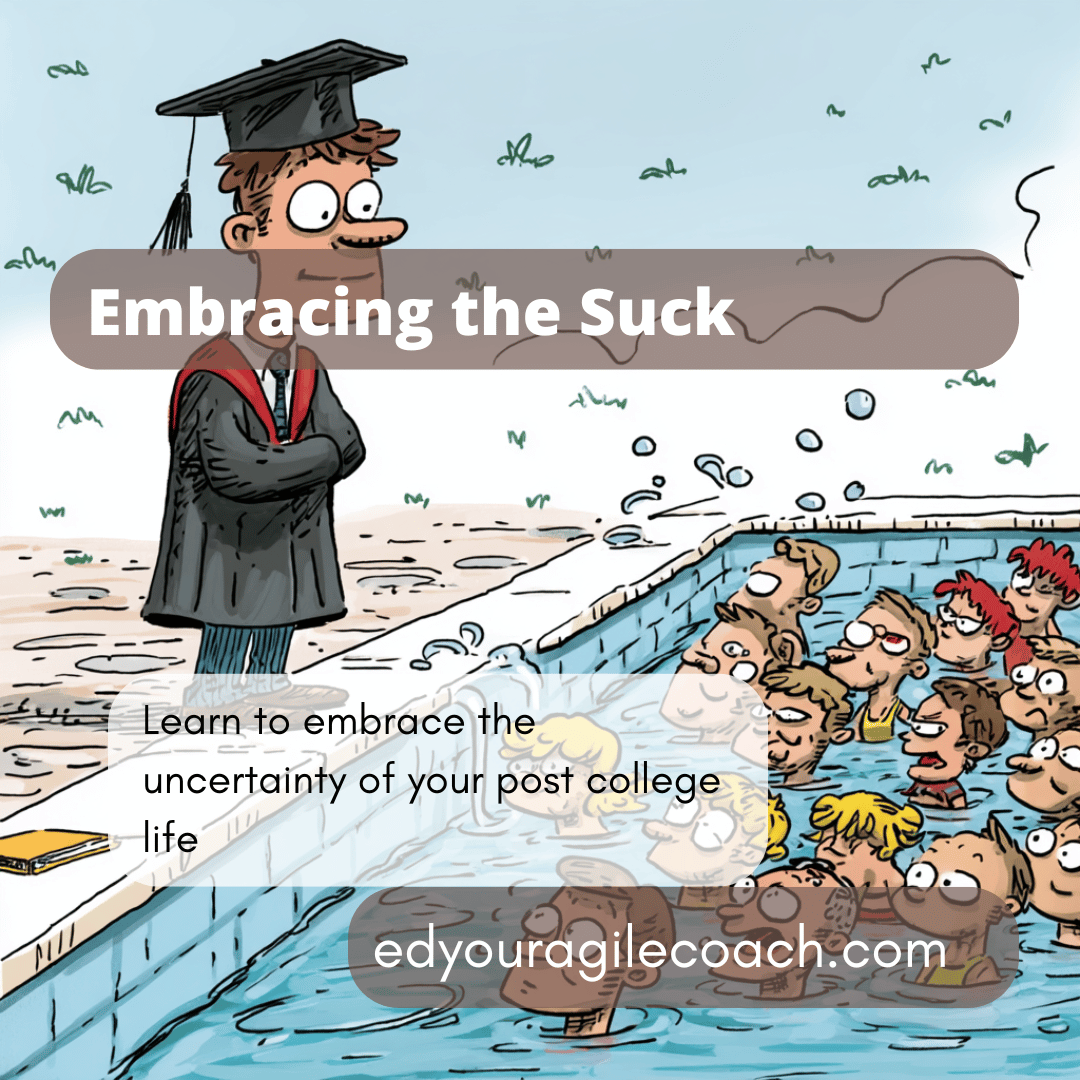Having a plan when you are punched in the mouth.

One of my favorite quotations comes from disgraced heavyweight champion Mike Tyson; during an interview, he casually mentioned, "Everyone has a plan until they get punched in the mouth." It is a remarkable wisdom from a man imprisoned for his lack of impulse control. Lately, I have suffered my share of right jabs and body blows. It is not fun to get metaphorically beaten up, but the experience is changing me for the better, and today, I want to discuss it.
Last week, I discussed the struggle to be coachable. The truth is I was struggling to adapt to a new environment. Being an agile coach and scrum master allows one to value individuality, creativity, and innovation. In this engagement, those traits are less important than attention to detail, consistency, and following directions. The time pressures and visibility are that intense. The laid-back, gregarious, technical professional is sticking out like a bent nail, and everyone is hammering me down to ensure I do not jeopardize the project. By any measure, it is shame-inducing and frustrating, and it undermines my self-esteem regarding my career. I was proud of my ability to shape culture and get work done, but now I am treated like a misfit toy.
Instead of thriving outside my comfort zone, I am failing. Some organizations tolerate failure as a first attempt at learning, but many, especially industry-leading technology companies, have little patience. People succeed, or they are gone. As Vince Lombardi said, "Winning isn't everything. It is the only thing."
Everything I experience as a scrum master and agile coach looks null and void. I was profoundly discouraged, and it further undermined my attitude and the quality of my work. Grasping for anything to guide me, I picked up a copy of "The Asshole Survival Guide" by Robert I. Sutton. I am a fan of his previous book, "The No Asshole Rule," so I hoped it would provide me with some guidance on how to navigate my environment. In the book's first chapter, he gives a mantra for his readers to follow.
"Be slow to label others assholes, be quick to label yourself one."
At that point, I put down the book and seriously reflected. I take plenty of pride in being a servant leader who uses Radical Candor and attempts to treat people like a mensch. I kept asking myself if I might be an asshole instead of the people surrounding me.
I was not too fond of the answer. My boss and I have a similar time in technology, but they have over twenty years working in big tech. My enterprise and delivery experience is extensive but entry-level compared to theirs. Thus, I was not receptive to feedback. Next, the project pressures mean we must work independently with little supervision or hand-holding. Being a high-touch person and working with others who expect something else is a recipe for disaster. Finally, I should take direction with a yes or no instead of explaining myself because it sounds like I am making excuses to my boss. My performance would irritate and disappoint me if I were in their shoes. I was not an asshole, but I was a massive pain in the ass.
Armed with this knowledge of my guilt in my problems, I felt like a person hitting himself with a mallet and complaining about headaches. The folks in the addiction recovery movement call this kind of revelation a moment of clarity. The first rule of getting out of a hole is to stop digging. Instead of attempting to do more, I am slowly focusing on the basics. I submit reports earlier than they are due. Instead of one or two edits, I ask others to review and do three or four. Instead of being an experienced technology veteran, I treat my career like an entry-level employee. It means keeping my mouth shut and eyes and ears open.
Next, I will reframe my point of view, as Dr. Sutton suggests in my book. I need to treat the feedback, particularly the negative feedback made in haste or out of frustration, not as personal attacks but as a sign that something is wrong, and I need to offer help. Many of the punches I have received are out of my control. I did not ask to be laid off or have my father die. However, I need to be adult enough to realize much of the hardship is my responsibility.
Getting punched in the mouth does not feel good, but it does get your attention. Your approach and plans must change, or the pounding will continue. Step back and ask yourself if you are a pain in the ass or an asshole. Answering that question is the first step in making a change.
Until next time.





Comments ()